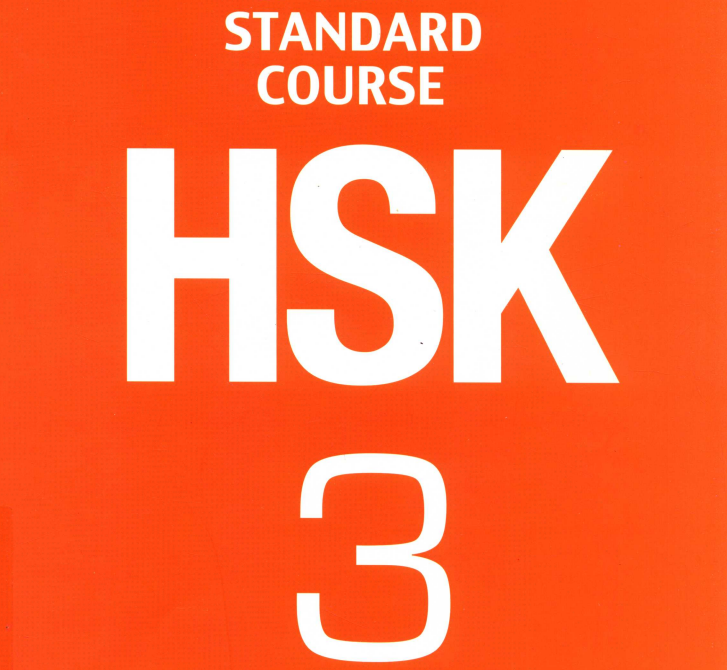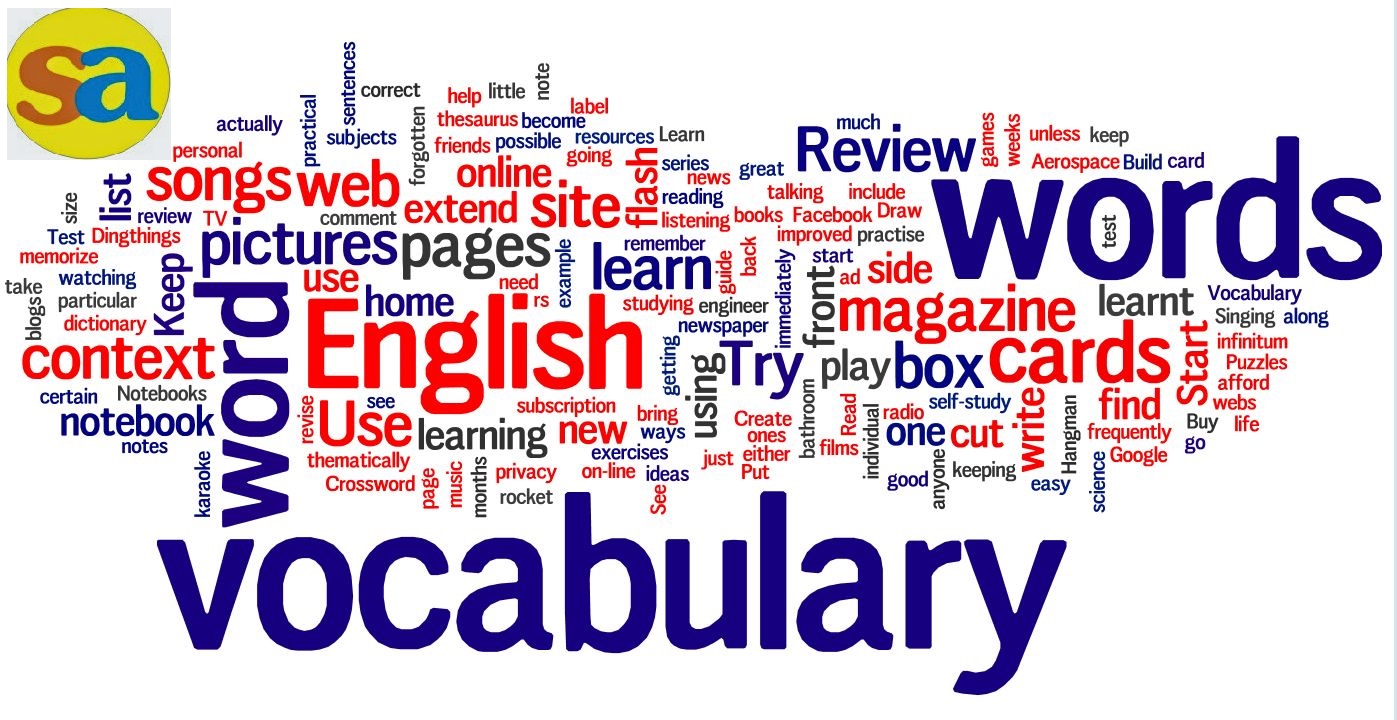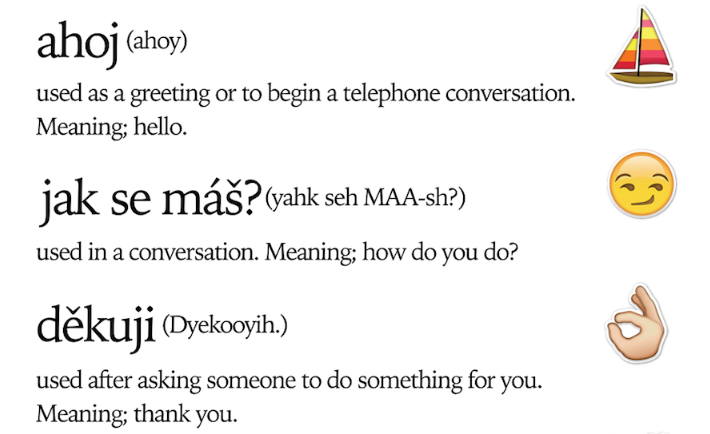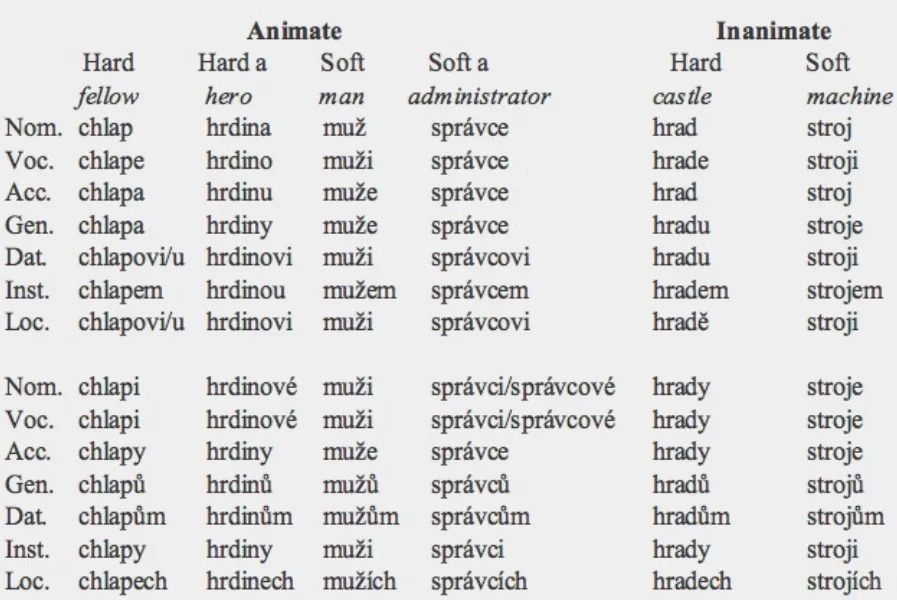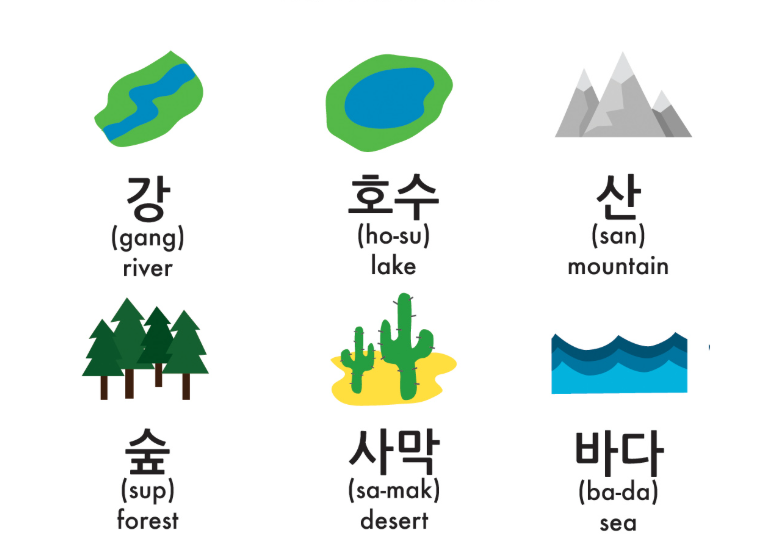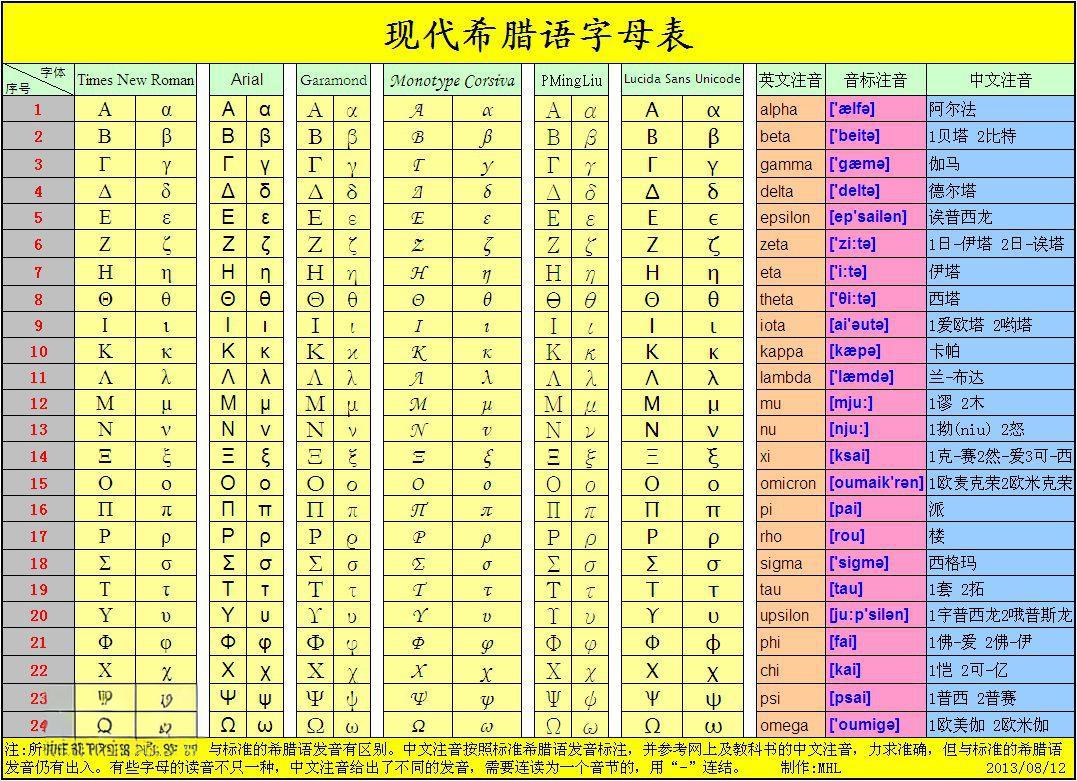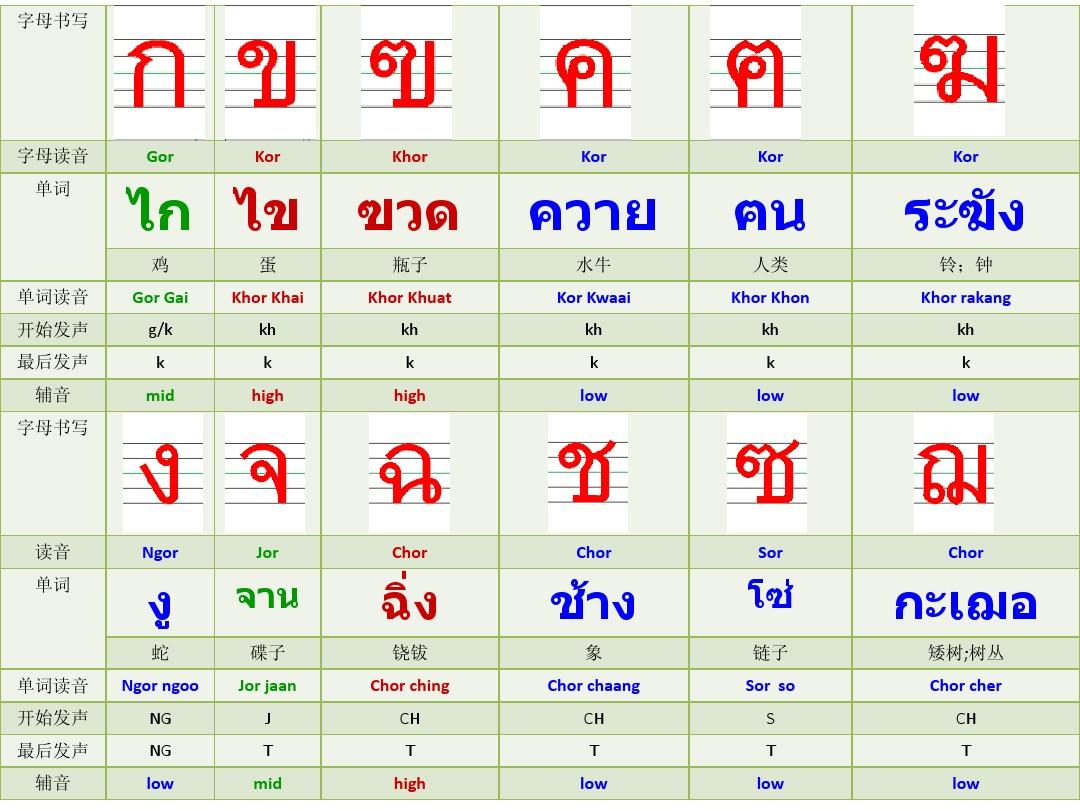English Vocabulary Acquisition
Publisher:ekeneattoh


2025-05-12
| Newest Reply:None
199 0 0
Building an extensive and solid English vocabulary is a fundamental yet challenging task for language learners. The vastness of the English language, with its numerous words, idiomatic expressions, and nuances, often leaves learners feeling overwhelmed.
One of the most common problems is the rapid forgetting of learned words. Many learners find that despite spending hours memorizing word lists, the words seem to fade from their memory within a short period. This is because rote memorization in isolation, without context, fails to create strong neural connections in the brain. For example, memorizing the word "ebullient" (meaning cheerful and full of energy) just from a dictionary entry is much less effective than encountering it in a sentence like "The ebullient crowd celebrated the victory with enthusiasm." Without context, the word lacks meaning and relevance, making it difficult to retain.
Another issue is the challenge of using words accurately in real - life situations. Even when learners have a large vocabulary, they may struggle to choose the right word at the right time. English is rich in synonyms, but each synonym has its own subtle differences in meaning and usage. For instance, "big," "large," and "huge" all refer to size, but "big" is more informal, "large" is more formal, and "huge" emphasizes an extreme degree. Misusing these words can lead to imprecise or inappropriate communication.
Moreover, the problem of polysemy, where a single word has multiple meanings, further complicates vocabulary learning. Consider the word "bank," which can mean a financial institution, the side of a river, or to rely on something. Determining the correct meaning depends on the context, and learners often struggle to make these distinctions, especially when reading or listening to English.
To overcome these vocabulary - related challenges, effective learning strategies are essential. One of the most powerful methods is learning words in context. Reading extensively, whether it's novels, newspapers, or academic articles, exposes learners to words in their natural usage. As they encounter words repeatedly in different contexts, they gain a deeper understanding of the word's meaning, usage, and collocations (words that commonly go together). For example, through reading, learners will notice that "make" often collocates with "a mistake," while "do" is used with "homework."
Using flashcards can also be an effective tool, but with a twist. Instead of just writing the word and its translation, learners should include example sentences on the flashcards. Additionally, vocabulary apps that use spaced - repetition algorithms can help optimize the learning process by presenting words at the optimal intervals to reinforce memory.
Another useful strategy is to group words thematically. For example, learners can create vocabulary lists related to travel, food, technology, etc. This not only helps in organizing knowledge but also makes it easier to recall words when needed.
In conclusion, while English vocabulary acquisition is a complex and ongoing process, by adopting the right strategies and making a consistent effort, learners can gradually build a rich and functional vocabulary that enables them to communicate effectively in English.
 |
|
 |
|
0
Like |
|
0
Store up |



